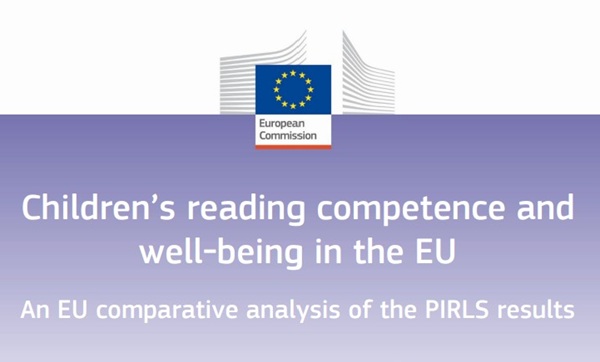Children’s reading competence and wellbeing in the EU

PIRLS is a global study that has been conducted every five years since 2001. It measures and compares reading literacy achievement among fourth-grade pupils (aged 9–11) across countries. The study also collects information on various contextual factors that may influence reading achievement.
In 2021, around 400,000 pupils from 13,000 schools across 57 education systems and eight benchmarking regions or cities took part. However, due to the impact of the COVID-19 pandemic, the results should be interpreted with caution.
The report is divided into three main sections
- reading performance – key findings of PIRLS 2021, looking at performance levels, gender differences and socioeconomic background
- wellbeing at school – the link between pupils’ wellbeing at school and their reading performance
- policy actions – measures to improve reading competence and child wellbeing in schools
Findings show that none of the participating EU education systems improved their performance between 2016 and 2021, and most experienced a significant decline. Gender gaps persist, and socioeconomic status is a strong predictor of reading competence.
Although child wellbeing at school is associated with PIRLS performance, the spread of bullying and increase in unhealthy situations gives room for concern. Addressing declining reading competence and threats to child wellbeing requires coordinated policy action, to ensure the school success of all children.
This is the first report to analyse PIRLS 2021 results from an EU perspective. The European Commission’s Joint Research Centre will further analyse PIRLS 2021 data to provide deeper insights into education policies.
Further reading
Additional information
-
Education type:School Education
-
Evidence:N/A
-
Funding source:European Commission
-
Intervention level:N/A
-
Intervention intensity:N/A
-
Published by:Directorate-General for Education, Youth, Sport and Culture (European Commission)
-
Target audience:TeacherStudent TeacherHead Teacher / PrincipalPedagogical AdviserTeacher EducatorResearcher
-
Target audience ISCED:Primary education (ISCED 1)Lower secondary education (ISCED 2)
-
Year of publication:2023
